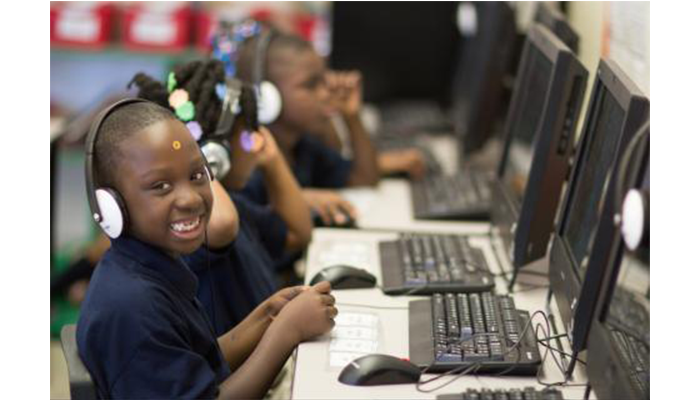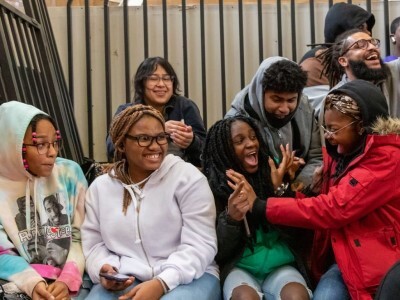Enabling Change
Top-down Resources vs. Grassroots Culture: Building Support for K-12 Next Gen Learning
Topics

Next generation learning is all about everyone in the system—from students through teachers to policymakers—taking charge of their own learning, development, and work. That doesn’t happen by forcing change through mandates and compliance. It happens by creating the environment and the equity of opportunity for everyone in the system to do their best possible work.
Who is driving the interest in city-based school incubators and entrepreneurial strategies? What are the incentives? The Regional Funds for Breakthrough Schools initiative seeks to answer these questions by strengthening local connections, and leveraging both local and national resources.
Part 2 of 4 of a series of blog posts about the 2014 Regional Funds for Breakthrough Schools. See part one.
Who is driving the interest in city-based school incubators and entrepreneurial strategies? What are the incentives—funding, space, support, and policies?
By strengthening local connections, and leveraging both local and national resources, the Regional Funds for Breakthrough Schools initiative seeks to answer these questions. Through the initiative, three foundations—Bill and Melinda Gates Foundation, The Eli and Edythe Broad Foundation, and The Michael & Susan Dell Foundation—have committed start-up grant funding to advancing school designs that foster personalized learning. Why?
- Personalized learning is a strategy for increasing engagement, and thus learning, achievement, and graduation. It’s no surprise that tapping individual interests and strengths of students helps to keep them motivated and progressing. Enabling students to choose their path, place, and pace of learning are critical preconditions to personalization.
- Still, it’s not easy given that the majority of U.S. schools weren’t designed for this kind of personalization—as evidenced by a continued reliance on age and grade-based cohort progressions, standardized delivery of content, etc.
Incentives—like start-up grant funding— for personalization in schools could be considered “top down,” though that’s only part of the story. There are currently more than 40 breakthrough schools in NGLC’s national network implementing a wide variety of strategies intended to graduate more students who are better prepared, in part because they had the benefit of a personalized learning experience. Funders’ investments in the Regional Funds initiative must be matched locally and sustained over time. As a result, regional partners self-select this work based on “fit”—a combined alignment of interest, vision, feasibility and long-term local fundraising capacity.
The Regional Funds evolved organically. Funders noticed the grassroots emergence of clusters of breakthrough schools in cities like Chicago, Detroit, Philadelphia, and San Diego (to learn more about schools in these locations, zoom in on our map of grant recipients), and posed some important questions:
- What’s happening in these locations to generate more than one school model? Is anyone supporting these schools locally?
- How does the conversation about what’s possible for students and their learning change when three or more schools take root in a particular location?
- What’s needed to foster more of these models?
The work of incubation is also an incentive to schools and communities. Regional Funds partners offer a host of support services to school design teams, including start-up activities (branding, recruiting, facility acquisition) and redesign efforts (community engagement, acquisition of new digital skills and instruction strategies).
Designing instruction around personalized learning, taking lessons learned from 40+ proof points, and investing initial seed funding and supports for school teams to plan and implement such models is a top-down opportunity that taps a ‘bubbling up’ of local interest and talent. Learn more about the six sites that are working to ‘bubble up’ personalized learning through the Regional Funds initiative.
Read the first post in this series, Educator Entrepreneurs: Big Decisions & Strategies for Success




